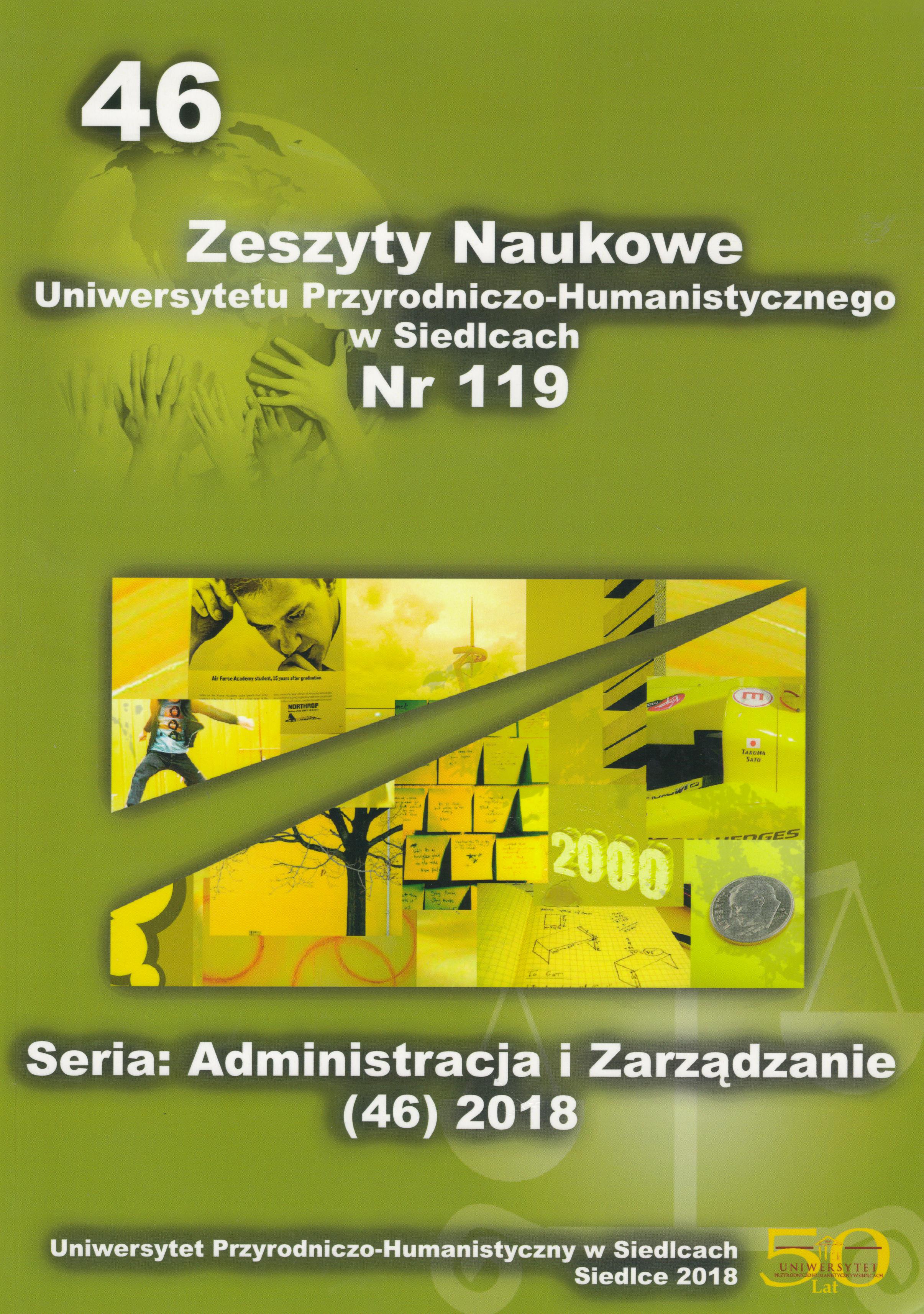Law and liberty. Legislative inconsistencies. The importance of differentiating between law and freedom
Keywords:
Interpretacja, Obowiązek, Prawo, Wolność, Wolny wybórAbstract
The authors treat distinctly the concept of right and liberty, in the sense of behaviours, behaviours guaranteed to satisfy some needs by the coercive force of the state. Reveals and criticizes the inconsistencies in the semantics and the significance of the two terms in some normative acts, including their implications in theory and practice, also presenting some proposals of law ferenda related to art. 10 of the ECHR. The authors claim that even in the Universal Declaration of Human Rights we find phrases with different meanings for the words of justice and freedom. Different, inconsistent meanings of this kind also appear in art. 5, art.9, art.10, art.11, art. 17 of the European Convention on Human Rights. Using the phrases: "proclaimed rights and freedoms” and "rights or freedoms" as within the Convention, would seem as two different concepts. Instead, from the phrases "the right to freedom" and "this right includes freedom", occurs other meanings and semnifications for the concepts of justice and liberty, that appears as inconsistency. “Summarising, the authors consider that both in theory, practice and especially in the law it is necessary to use distinctly the two terms of “right“ and “freedom”.





